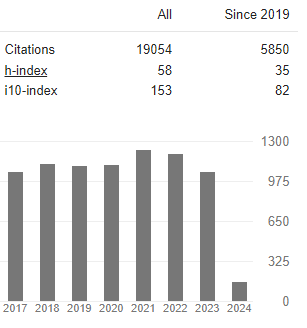Family Physician Program and Burden of Referral for Outpatient Visit in Iran: A Multicenter Cross-Sectional Study Protocol
Abstract
Mobin Sokhanvar, Mohammad Javad Kabir, Hossein Bevrani, Shirin Nosratnejad, Ali Janati, Morteza Arab-Zozani, Edris Hasanpoor*
Background: Primary healthcare (PHC) developed around the world with a focus on the family physician, which can improve access and quality of services. The study will estimate the burden of referral for outpatients visit through a family physician program (FPP) in Iran.
Methods: This will be a descriptive-analytical cross-sectional study. The data for self-referrals and those who are officially referred to the specialized level of outpatient care will collect from the rural and urban populations in four provinces. Of these provinces, two are the pilot sites of urban FPP and the other two provinces are matched provinc- es. Patient recruitment will be carried out by a research assistant located in each health network of the province. We will collect the data on outpatient visits, prescribed medicine, medical imaging, and laboratory services. Descriptive and analytical statistics will be generated to estimate the burden of referral to outpatient visits among and between provinces.
Discussion: The results of this study will be the first national evidence of the effectiveness of FPP and the burden of referral for outpatients visit in Iran. One of the main strategies to improve access, quality and efficiency of healthcare systems is a family physician program (FPP) as the primary care provider within an appropriate referral system. Evidence suggests that health systems, with a focus on PHC, have had positive consequences for health outcomes, healthcare quality, access to and continuity of health care, system efficiency and financial sustainability and public satisfaction.





